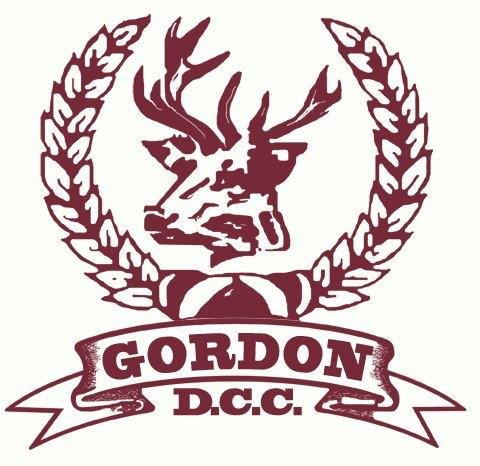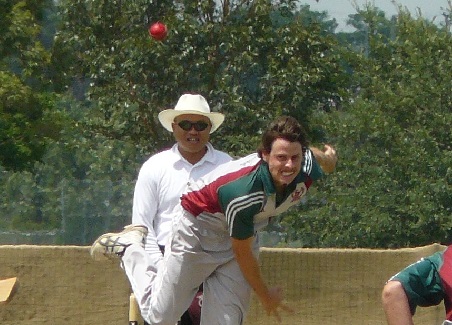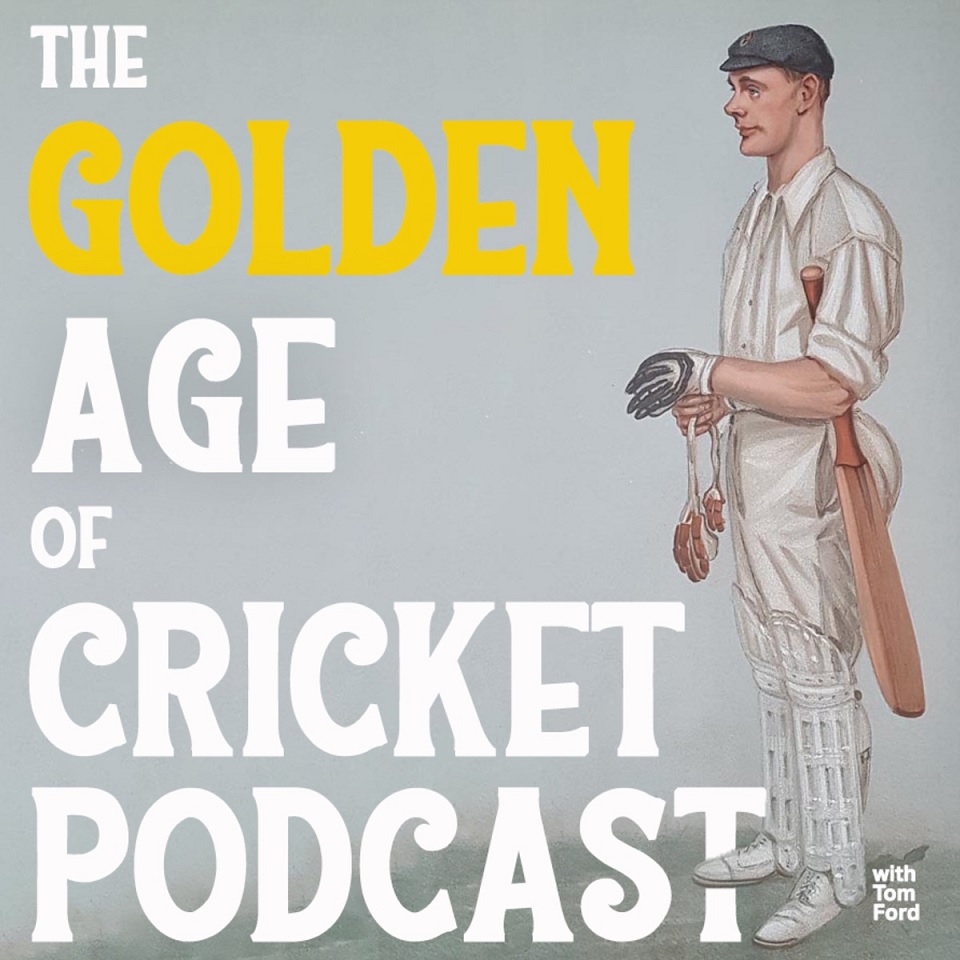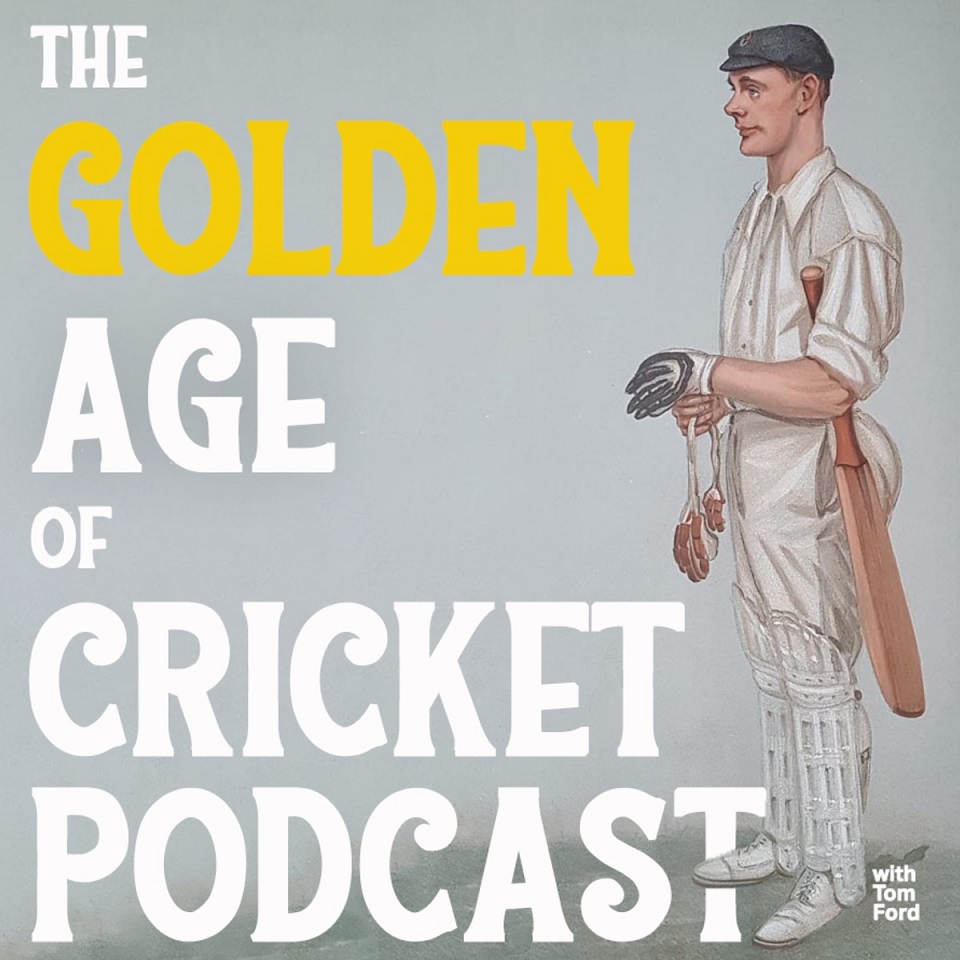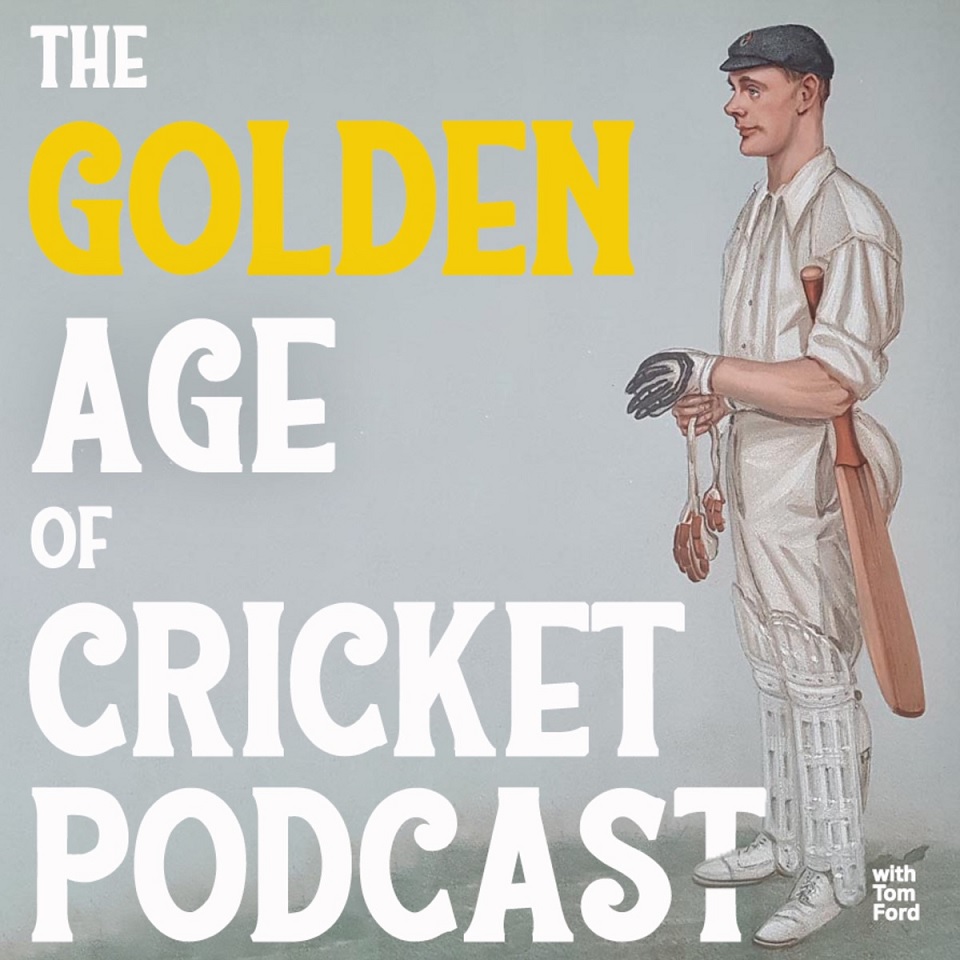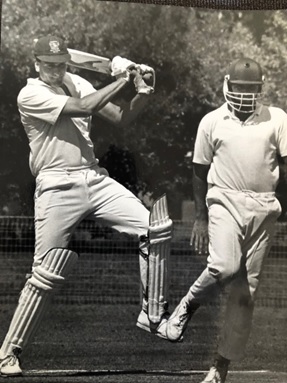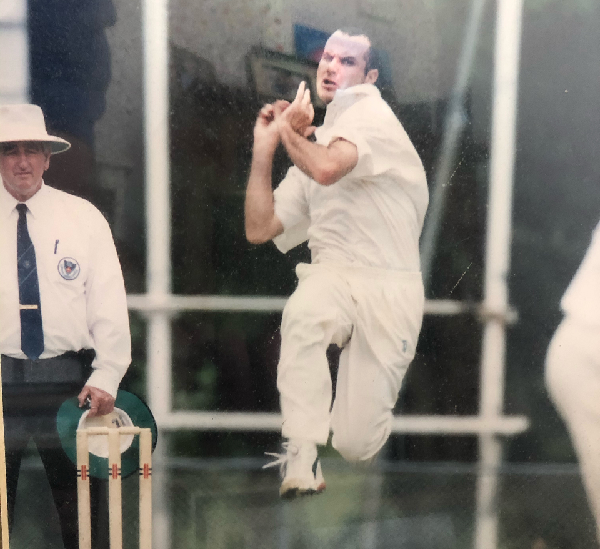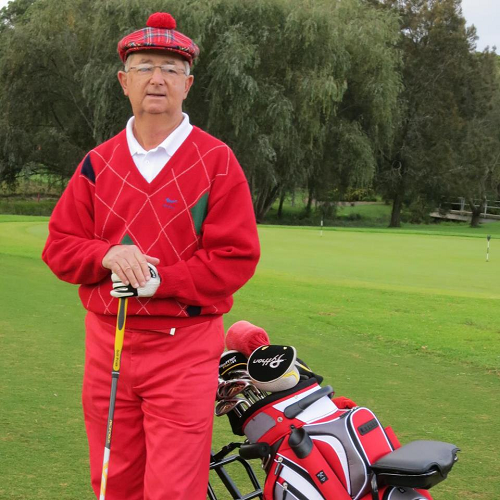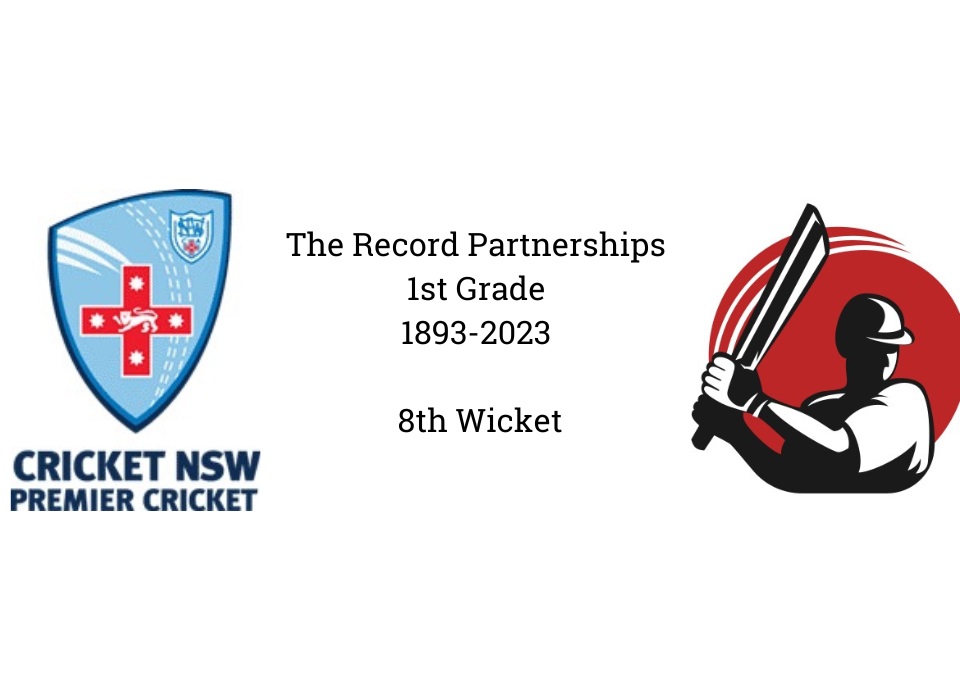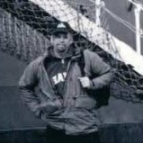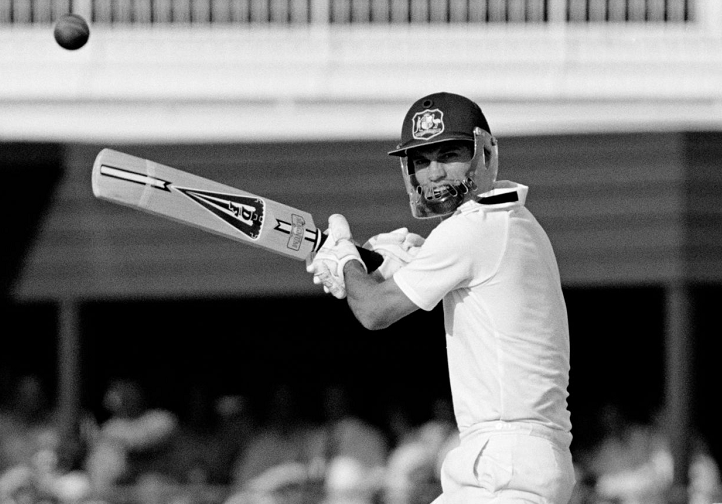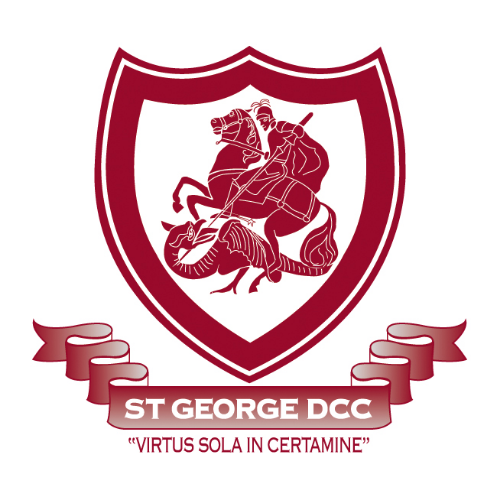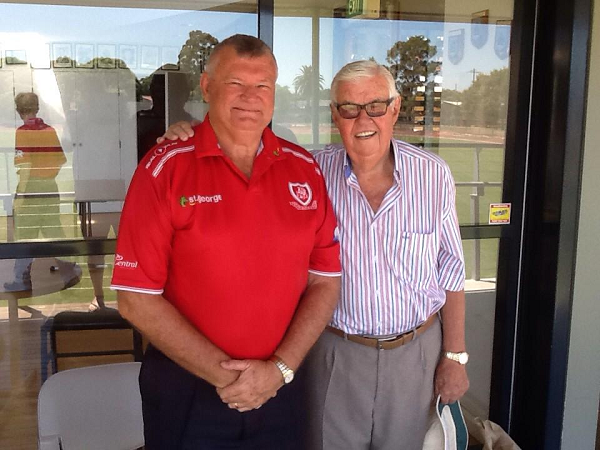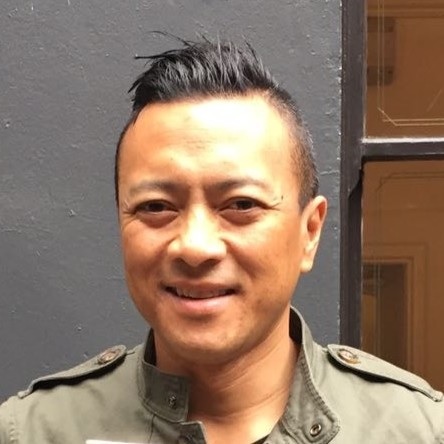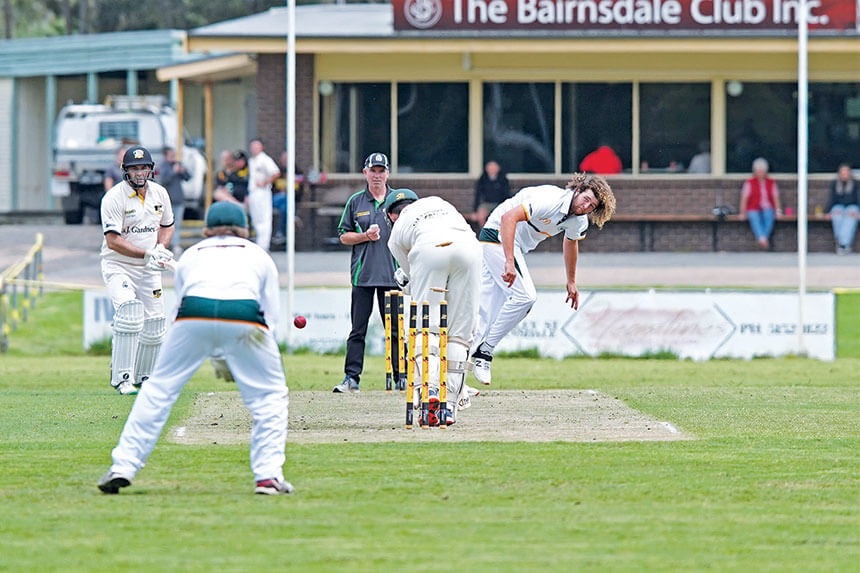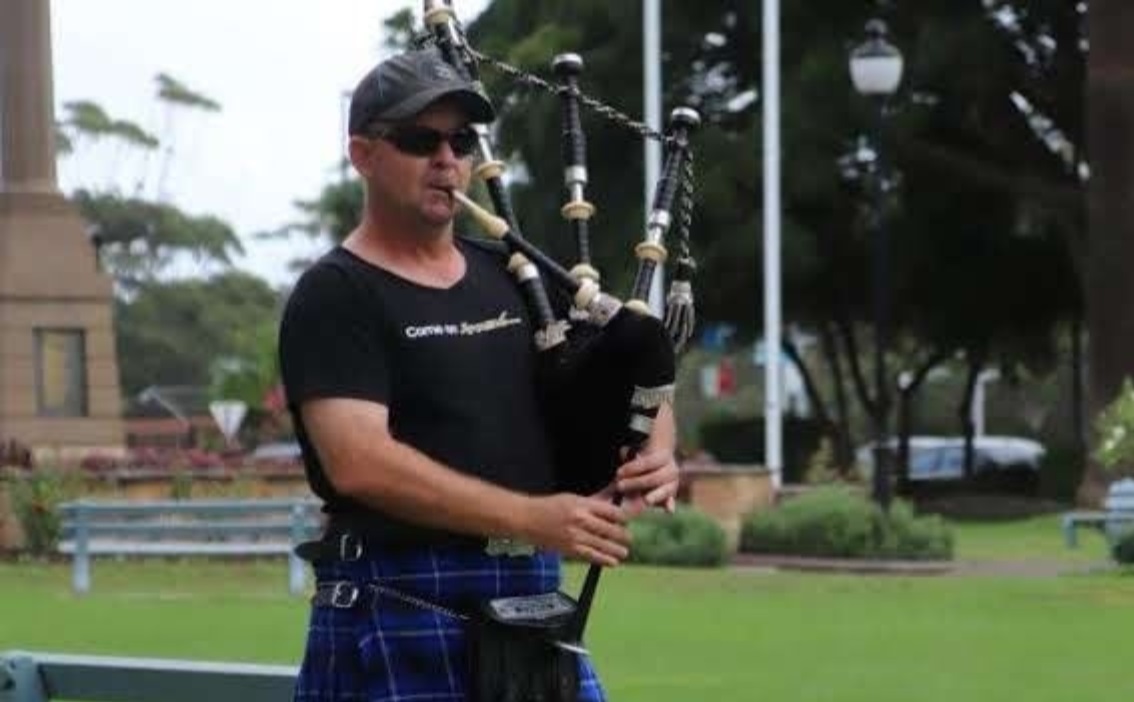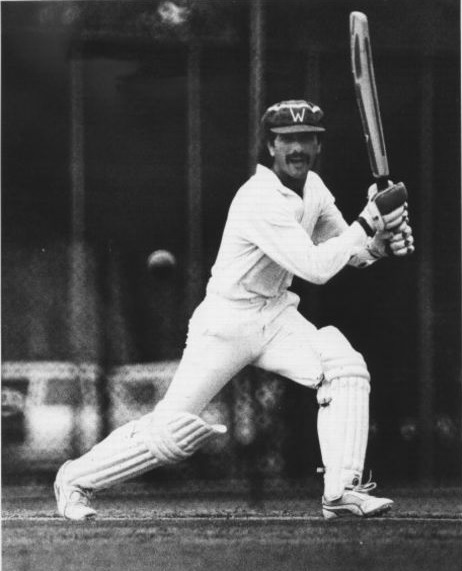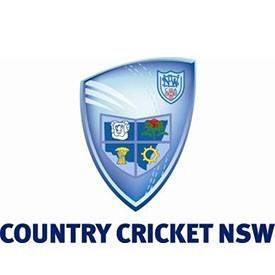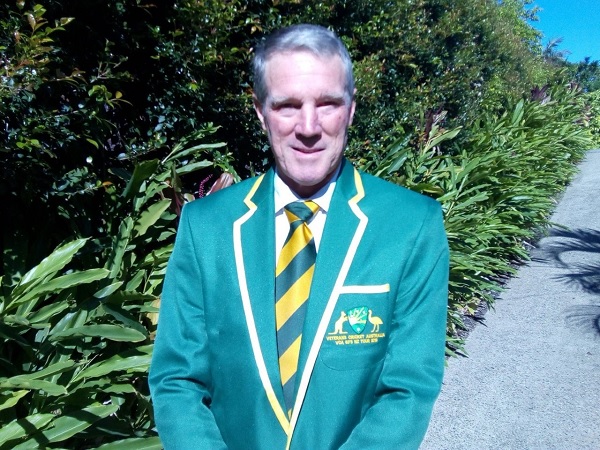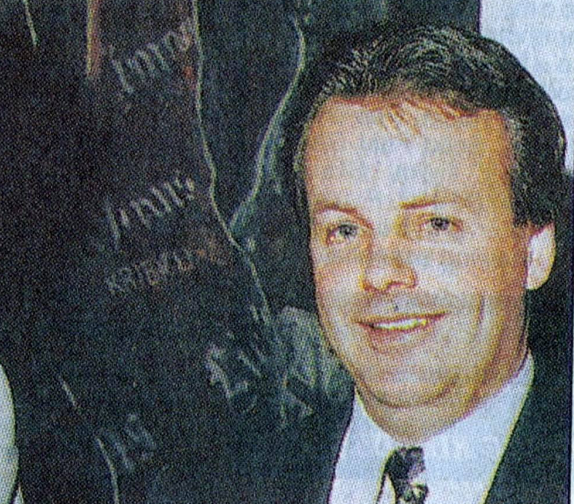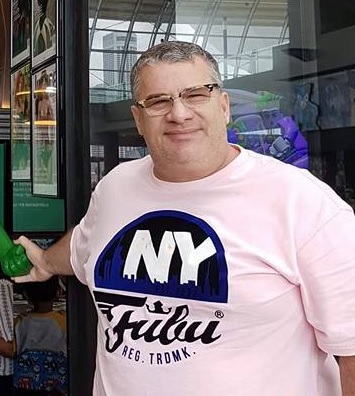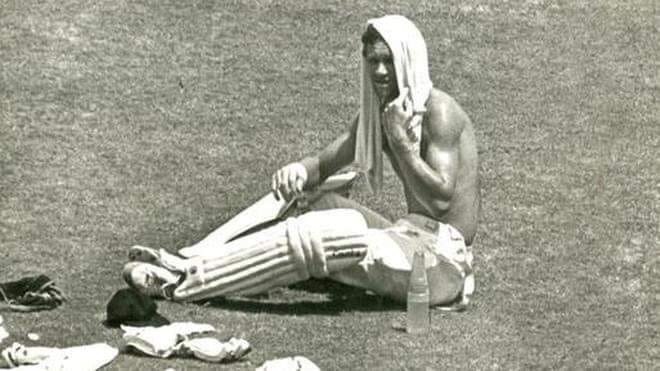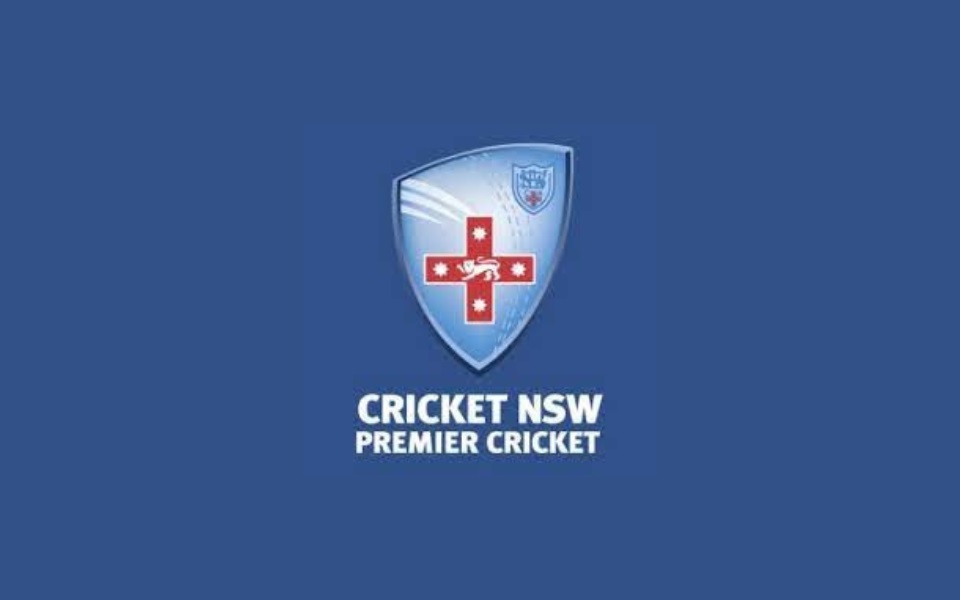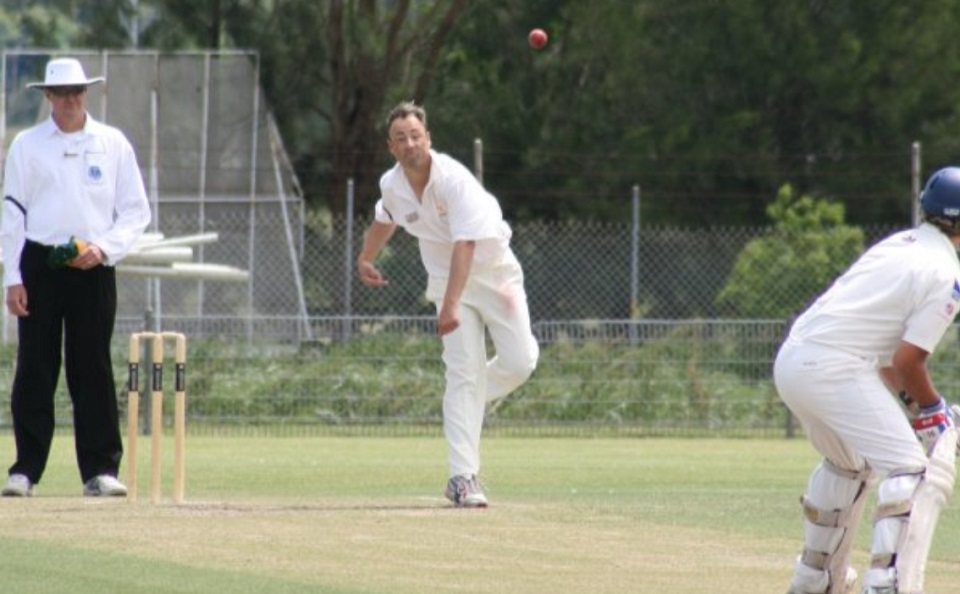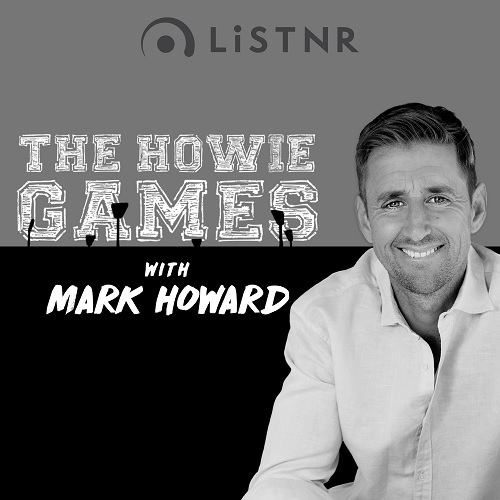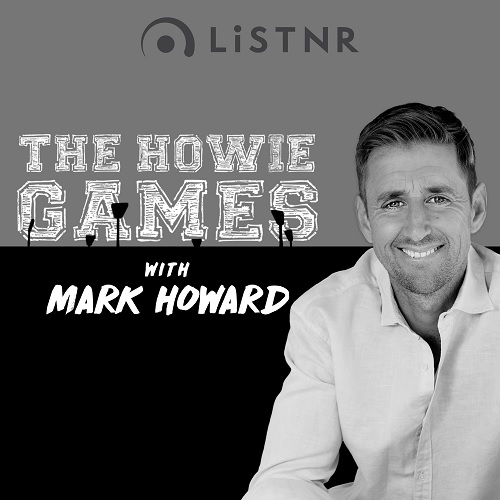2 years ago
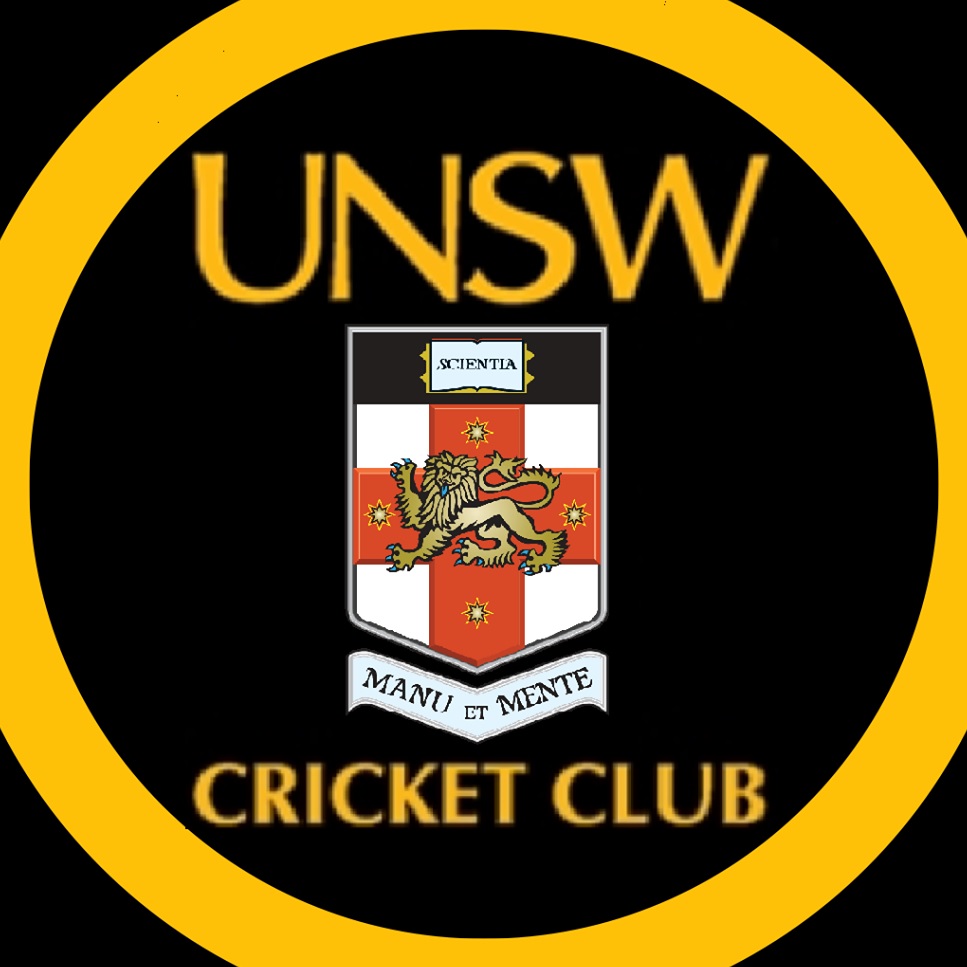
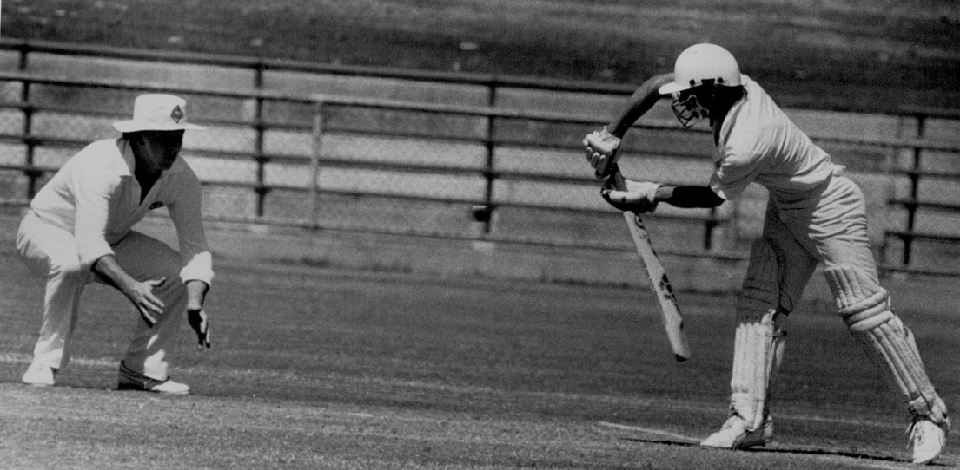
Jamie Baker made his first grade debut for UNSW during the 1981/82 season and went on to score 4,180 first grade runs at an average of 31.91 including 7 centuries and 14 half centuries. In all grades at UNSW Jamie scored 5,171 runs.

UNSW Cricket Club
9 Likes
9 Followers
9 Followers

Jamie Baker made his first grade debut for UNSW during the 1981/82 season and went on to score 4,180 first grade runs at an average of 31.91 including 7 centuries and 14 half centuries. In all grades at UNSW Jamie scored 5,171 runs.
Jamie moved to Adelaide in 1991 and continued playing Grade/Premier Cricket.
Who are the two players you admired most in terms of skills and competitive spirit in the competitions you played?
I really admired the older guys who even after long careers were still striving every ball and had their tricks. Mick O’Sullivan (RIP MoS, such a great bloke and canny flight bowler), Ken Hall, Dave Chardon, Greg Hartshorne and Greg Matthews.
https://www.cricconnect.com/profile/230/unsw-cricket-club/blog/654/jamie-baker-be-patient-bat-all-day
Read More


